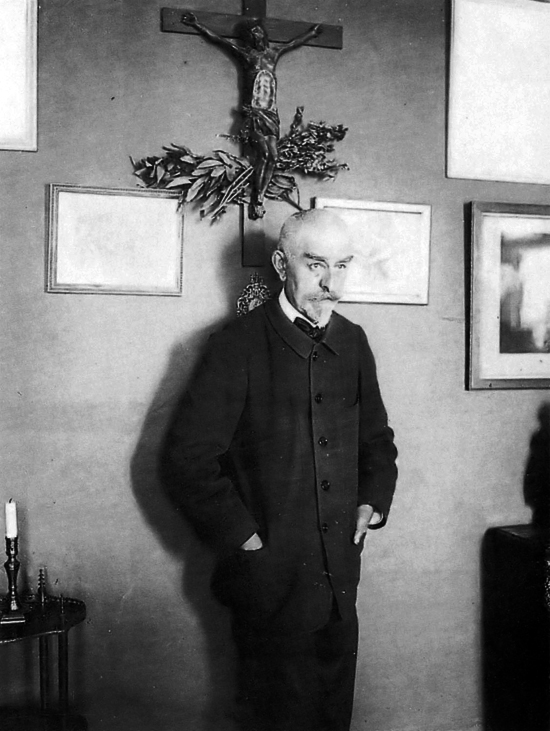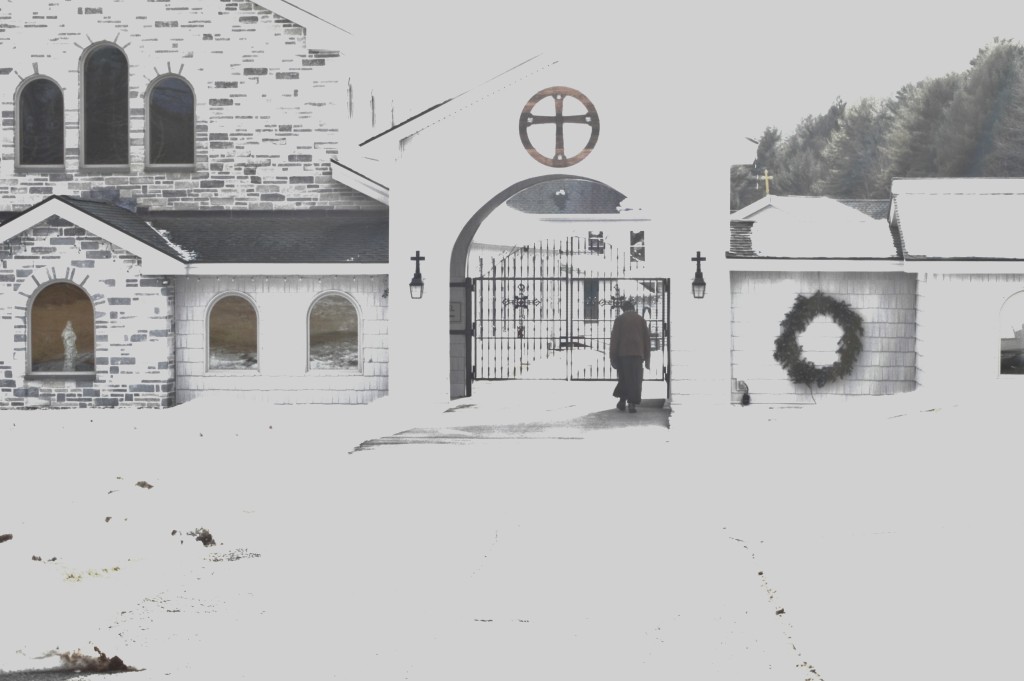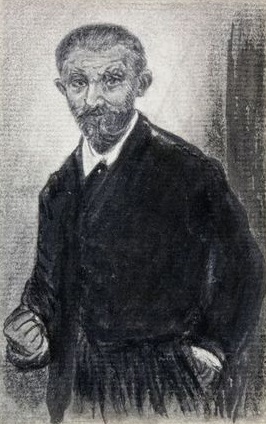And he spoke to God quietly.
“My soul is an evil place, sordid and infamous; till now it has loved only perverse ways; it has exacted from my wretched body the tithe of illicit pleasures and unholy joys, it is worth little, it is worth nothing, and yet down there near Thee, if Thou wilt succor me, I think that I shall subdue it, but if my body be sick, I cannot force it to obey me; this is worse than all, I am disarmed if Thou do not come to my aid.
“Take count of this, O Lord; I know by experience that when I am ill-fed, I have neuralgia; humanly, logically speaking, I am certain to be horribly ill…nevertheless, if I can get about at all, the day after tomorrow, I go all the same.
“In default of love, this is the sole proof I can give that I truly desire Thee, that truly I hope and believe in Thee, but then, O Lord, aid me.”
He added sadly, “Ah! indeed I am no Lidwine or Catherine Emmerich, who when Thou didst strike them cried out, More, more! Thou dost scarce touch me, and I protest; but what wouldest Thou? Thou dost know better than I; physical suffering breaks me down, drives me to despair. “
He went to sleep at last to kill the day in bed; slumbering to wake again suddenly from frightful nightmares. –J.K. Huysmans ‘En Route’
Mass this evening at St Charles Borromeo proved special. It was a celebratory Mass for the first day of school for the special ed students, the largest such student body in the Cleveland diocese with thirty-five students. The middle front pews were filled with the students and their families. A guitar player and a man beating on a drum box led the attending in song. The students, possessing their special needs and personalities warmed my heart, causing a subtle eruption of tears throughout the Mass, a grateful groaning within. A sense of lacking, need, and loneliness, called out from my heart to God. The Mass ended with the hymn ‘He’s Got the Whole World in His Hands’, the students excitedly following along in voice and hand gestures.





Recent Comments